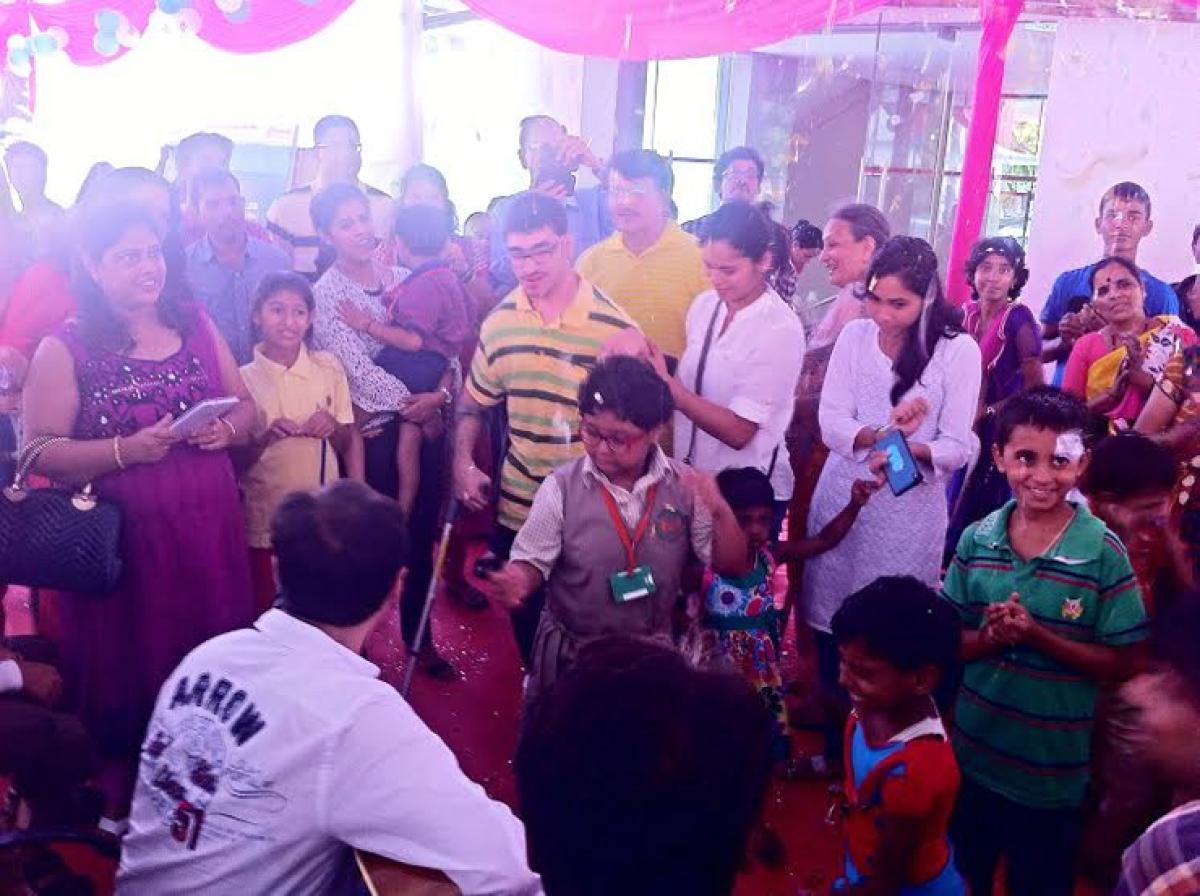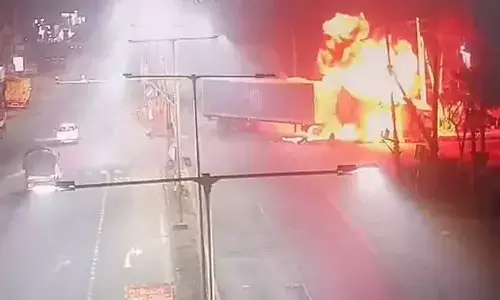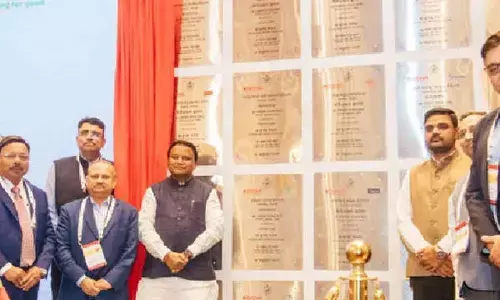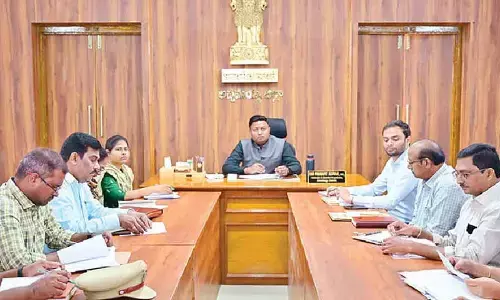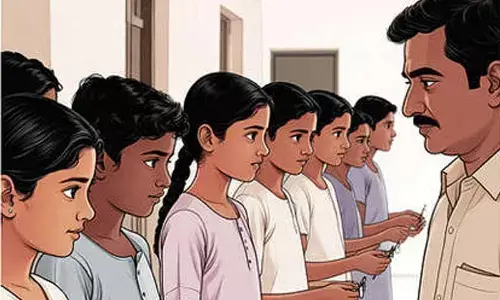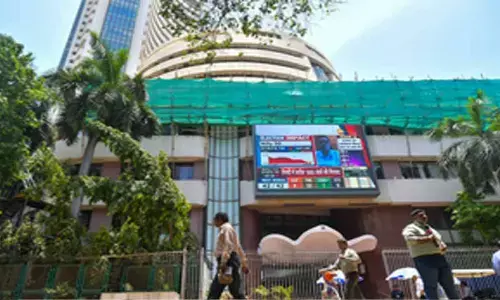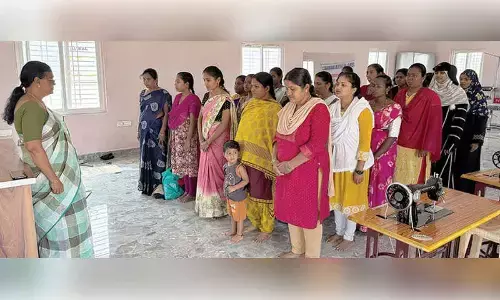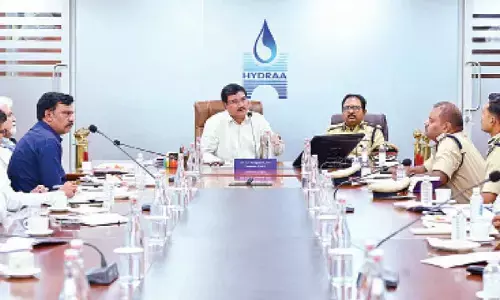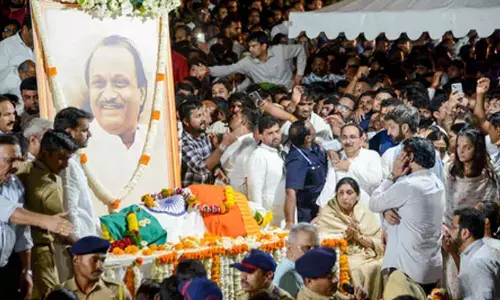Children afflicted with cerebral palsy, normal school children, parents, doctors and people from different walks of life had a fun-filled morning filled with hues of colors and festooned with balloons, to dispel the myth that a neurological disorder like cerebral palsy comes in the way of living a normal life or enjoying life with peer groups, and also to raise voice for barrier-free India.
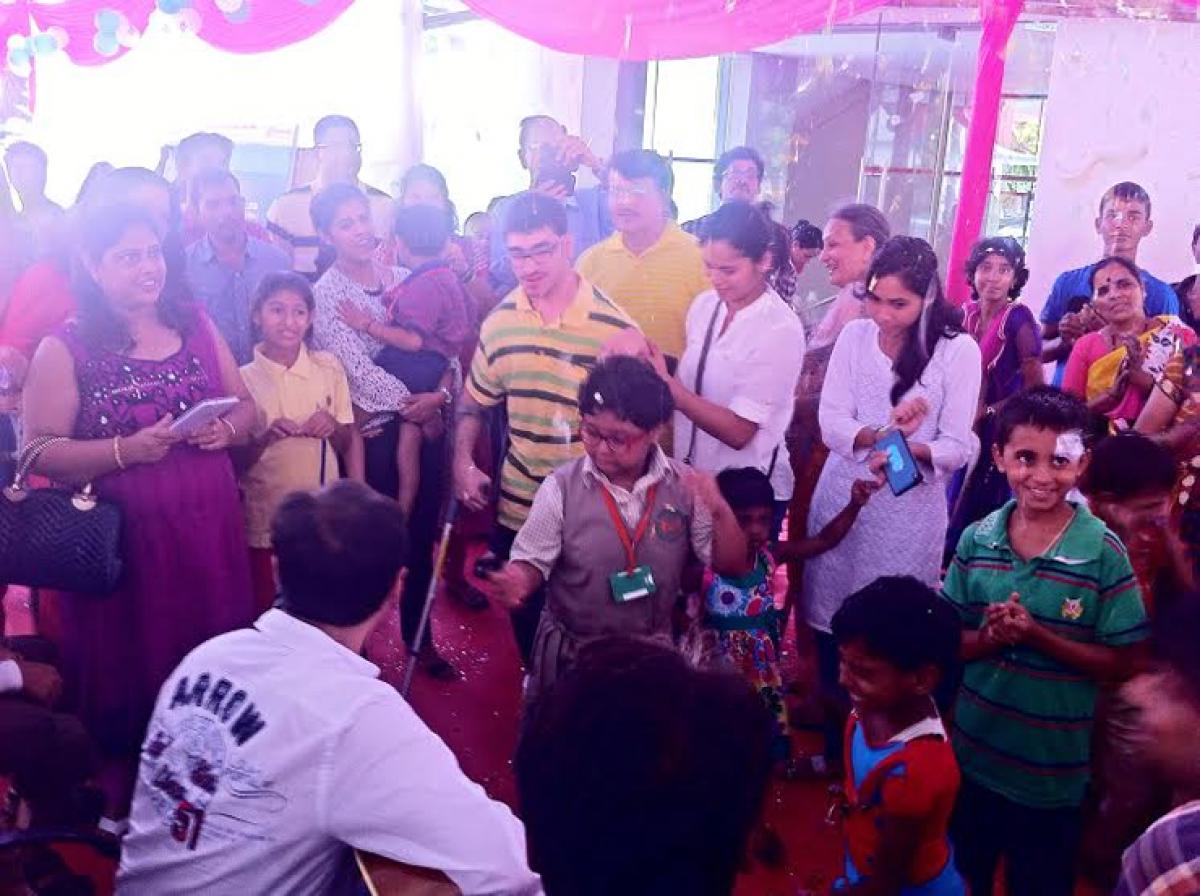
Children had a rollicking time on the premises of Nanavati Super Specialty Hospital as they gave vent to their emotions, thoughts and feelings through the medium of paintings to commemorate “World Cerebral Palsy” Day at the Indian Academy of cerebral Palsy (IACP)’s flagship event –Connect the K-nots today (October 4).
Teams of children from schools in the western zone from Bandra to Andheri participated enthusiastically with children having cerebral palsy to portray the various issues affecting the differently-abled people in their day-to-day life. The event not only raised awareness, but also exhibited some unique solutions like cardboard ramps to make the lives easier for the disabled.
Imaginations ran galore and brush-strokes emerging on the canvas tackled topics like difficulties experienced in boarding a bus, the requirement for retro-fitting a car with disable-friendly seat and the need for making daily-use apparatus like ATMs and banks becoming more disable-friendly.
Elucidating on the need for an upgrading of infrastructure, Keyur Perla, 1st year BMS student stated, “the politicians need to be made aware of the problems faced by differently-abled people in their everyday life and accordingly, infrastructure in the country should be modified. The changes which need to be implemented with immediate effect include installations of ramps while boarding a bus, lowering the height of a train’s gangway for easy access and increased automation for those with motor skill problems.”
Anuradha Perla, mother of Keyur, concurred: “those afflicted with cerebral palsy also need to be increasingly brought under the cover of mediclaim owing to the rising costs in treatments for medical disorders.”
“An empathic approach, sensitization of the needs of those afflicted with cerebral palsy and an increased inclusion in the mainstream are the needs of the hour to make the social milieu more disable-friendly,” stated Manmohan Modi, an entrepreneur.
He had to face the peculiar problem of being refused a driving license citing a judgmental lapse while giving his driving test though he had cleared all the crucial levels in the test. He further stated “people to a large extent still consider disorders like cerebral palsy to be a social stigma though perceptions are fast-changing and people are becoming more amicable and more understanding towards the disabled-friendly.”
Emphasizing the need for a more inclusive approach to solving the problems of those afflicted with cerebral palsy, Dr. Rujuta Mehta, Consultant Pediatric Orthopedic and Pediatric Head Surgeon, Nanavati Super Specialty Hospital stated “the theme of today’s event was creating public awareness about barriers to accessibility for cerebral palsy individuals and their increased amalgamation in the social mainstream. We wanted to focus and garner attention to a barrier free India through various subjects depicted in the paintings and emphasizing the need to usher in a disabled-friendly India.”
“As an institution committed to eradicate misconceptions about cerebral palsy, IACP looks at the issue not from a mere clinician’s perspective but also to initiate efforts to make the social milieu more disabled-friendly. The event at Nanavati hospital went beyond paintings and also showed exhibits in the form of cardboard ramps designed by noted artist Mr. Haresh Mehta which are economically feasible and can help in easy navigation of cerebral palsy patients,” she added.
“Three events concluded on October 3 at Highstreet Phoenix, Vashi and Thane and the largest exhibit of the event was held at Nanavati Hospital. The response to the event was amazing with more than 600 participants registering their presence and volunteers and children putting in a lot of hard work to ensure its success. The exhibition of paintings for public viewing will be open for a week.” concluded Dr. Mehta.
